音乐学士(荣誉)学位
BA (Hons) Music

学历文凭
Bachelor Degree with Honours

专业院系
School of Music

开学时间

课程时长

课程学费

国际学生入学条件
IDP—雅思考试联合主办方

雅思考试总分
- 雅思总分:
- 托福网考总分:
- 托福笔试总分:
- 其他语言考试:
CRICOS代码: W300
申请截止日期: 请与IDP联系 以获取详细信息。
课程简介
Our BA Music is a flexible course that enables you to shape your learning around the areas of music that interest and excite you.The course draws on musics from a range of genres, styles, cultural and social contexts, and geographic locations to explore key concepts, theories and approaches. You’ll develop your skills as a creative, critical and reflective thinker, gaining the tools and experience needed to be an independent worker and musician, ready for life after university. You can personalise your course by choosing optional modules from a broad range of areas – including aesthetics, analysis, contemporary composition, film music, the music business, musicology, music psychology, music technology, performance (solo and collaborative) and popular music – enabling you to shape your degree to fit your interests and ambitions.You’ll study with academics who are experts in their fields, receive support from a dedicated technical team, and take lessons with a visiting professional specialist if you study solo performance. Across your course, you’ll engage with the latest musical research, explore a range of theoretical, creative and practical aspects of music, and develop a set of valuable musical and transferrable skills. You’ll have opportunities to work independently and collaboratively, developing and applying your skills and knowledge in contexts that extend beyond the university environment. All these elements combine to provide you with an exciting and dynamic educational experience that’s unique to Leeds.We are proud to be ranked 54th in the world for Arts and Humanities (QS World Rankings by Subject 2025).We are one of the largest schools of music in the country, which means you’ll benefit from the impressive range of specialisms within our curriculum, reflecting our ethos that music is music, regardless of genre or style. We attract a diverse body of students from across the UK and internationally, which gives the School a vibrant community and culture. Decolonisation, equality and inclusivity are embedded within our curriculum, so all our students can feel a sense of belonging in the School and can thrive on their course, no matter what their background and musical experience.In the recent national Research Excellence Framework (REF 2021) exercise, 93% of our research was considered to be ‘internationally excellent’ or better in terms of its originality, significance and rigour, with 56% rated as ‘world leading’ – the highest classification. Each of these measures places us within the top 10 Schools of Music in the country based on the REF 2021 results for the subject area. Our staff expertise feeds directly into our curriculum, with specialisms including:Applied music psychologyBlack, popular, independent and global musical culturesContemporary and experimental compositionElectronic and computer musicFilm musicHistorical musicologyMusic analysisMusic and wellbeingMusic industry and managementMusic technology in theory and practiceMusical aesthetics and postcolonialismOperaPerformance and performance practicePractice research in music and the artsScience and technology studiesWe work closely with our students, particularly through our active Student Staff Partnership Forum, to ensure that we offer the best possible experience to everyone studying in the School of Music. Our Industrial Advisory Board – an invited body of professionals from across the professional music sector, including several alumni – actively supports the ongoing development of our courses to ensure they deliver the skills and opportunities our students need to prepare them for life after university.The School of Music is part of a strong musical community at the University of Leeds, and there are numerous Leeds University Union (LUU) clubs and societies that offer opportunities to get involved in music and performance activities.
相关申请
 预科
预科 奖学金
奖学金 实习机会
实习机会 在校学习
在校学习 跨境学习
跨境学习 校园授课-线上开始
校园授课-线上开始 在线/远程学习
在线/远程学习
开学时间&学费
学费信息仅供参考,请与IDP联系以获取详细信息
| 开学时间 | 时长 | 学费 | 地点 |
|---|
学校排名

世界排名153
数据源:
泰晤士高等教育世界大学排名
关于利兹大学

利兹大学在《2025 完整大学指南》中名列英国大学前25名,在2025 QS世界大学排名中名列世界前100名。它也是罗素大学集团大学之一,这是英国著名的顶尖研究密集型大学名单。该大学的学生满意度很高,在英国排名第三(2018年《泰晤士报高等教育学生体验调查》)。作为同一项调查的一部分,该大学的校园设施在英国排名第二,这是对学生发挥潜力的绝佳校园的认可。近年来,两栋新建筑投资超过1.2亿英镑。体育设施也被认为是世界级的。The Edge是一个为学生提供的令人难以置信的健身中心,包括一个25米的室内游泳池、攀岩墙和为不同体育活动设置的各种大厅。这是一所热情友好的大学,拥有充满活力、多样化的学生群体。事实上,来自世界130多个不同国家的13800多名国际学生在利兹大学学习。学生会是这个国家最活跃、最活跃的工会之一。学生可以加入300多个俱乐部和社团,利兹大学联盟(LUU)是英国第一个被全国学生联合会评为''优秀''的俱乐部和社团。
本校相关课程

生物多样性与保护
学历文凭
Masters Degree (Taught)
开学日期
课程费用总额


统计博士学位
学历文凭
Ph.D.
开学日期
课程费用总额

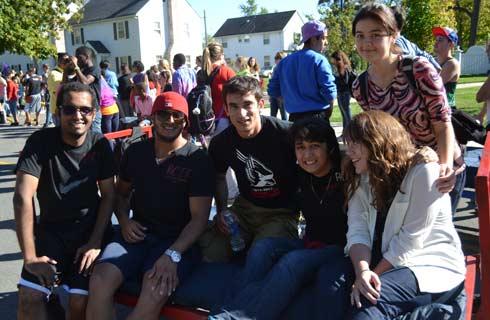
纯粹数学博士学位
学历文凭
Ph.D.
开学日期
课程费用总额

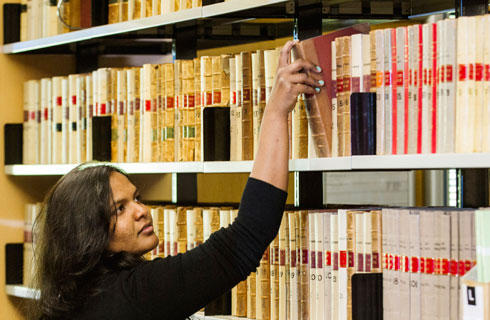
应用数学博士学位
学历文凭
Ph.D.
开学日期
课程费用总额


PhD in Geography
学历文凭
Ph.D.
开学日期
课程费用总额

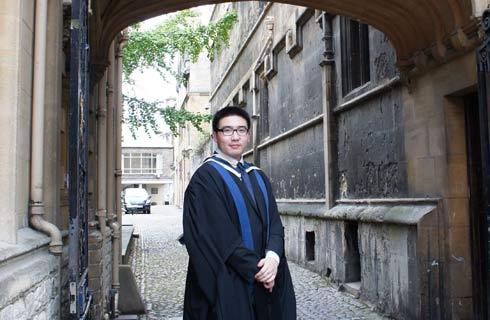
PhD in Microwave and Millimetre Wave Engineering
学历文凭
Ph.D.
开学日期
课程费用总额

其他相关课程
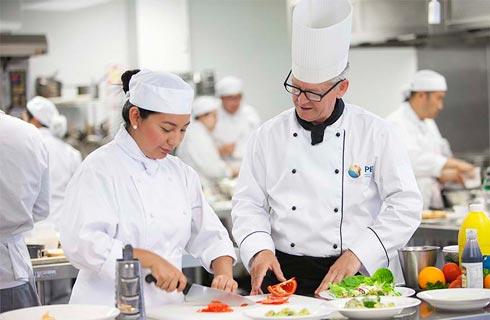
音乐和声音设计学士学位
 悉尼科技大学
悉尼科技大学学历文凭
Bachelor Degree
开学日期
课程费用总额


音乐学士(专业)
 中央昆士兰大学
中央昆士兰大学学历文凭
Bachelor Degree
开学日期
课程费用总额


戏剧学士(专业)
 中央昆士兰大学
中央昆士兰大学学历文凭
Bachelor Degree
开学日期
课程费用总额

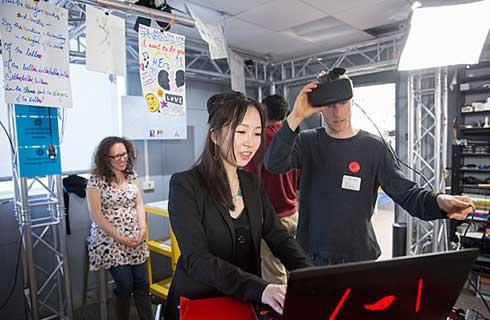
工程学硕士(电子)
 阿德莱德大学
阿德莱德大学学历文凭
Masters Degree (Coursework)
开学日期
课程费用总额


音乐硕士(表演研究)
 阿德莱德大学
阿德莱德大学学历文凭
Masters Degree (Coursework)
开学日期
课程费用总额

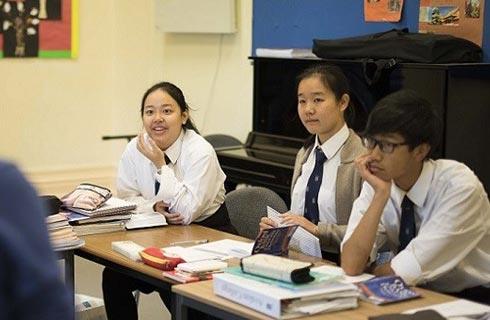
音乐荣誉学士
 伊迪斯科文大学
伊迪斯科文大学学历文凭
Bachelor Degree with Honours
开学日期
课程费用总额










 英国
英国